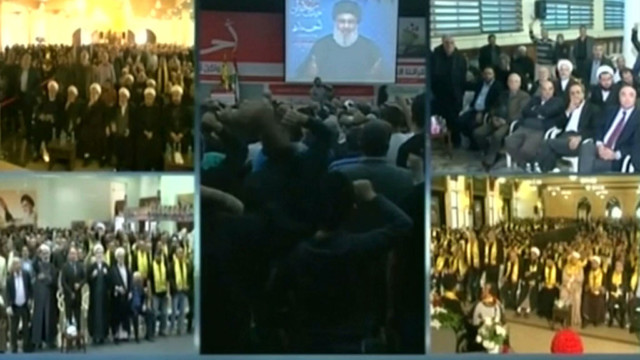It’s the questions military analysts have been asking for months: Is the next Israel-Hezbollah war unavoidable? What are the implications for the Middle East, and beyond?
And lastly, would such a conflict be an Israel-Iran proxy war?
CGTN’s Stephanie Freid answers some of these questions.
When Lebanon’s prime minister unexpectedly announced his resignation while in the remote kingdom of Saudi Arabia, the shock-waves reverberated from Riyadh to Beirut, to Jerusalem and Tehran.
The resignation was widely construed as a Saudi-coerced move to destabilize Iran’s regional influence. It was immediately met with speculation of an Israel versus Hezbollah proxy war in Lebanon.
“We are taking care of Israel’s security. And you know that well. We are doing it, I’d say, through a right combination of decisiveness and responsibility. We are controlling our borders, we are protecting our country and we will continue to do so,” Israeli Prime Minister Bejamin Netanyahu said.
“On the Israeli subject, we have to be cautious, the idea of war even if Saudi Arabia asked for it, I think and don’t know for sure, but we rule out any war,” Hezbollah Leader Hassan Nasrallah said.
Israel’s intelligence apparatus has said Iran is moving weapons through Syria to its Hezbollah operatives in Southern Lebanon. The same sources have said at least one Iranian military base is operating in Syria.
Within days of Hariri’s resignation, Israel hosted multi-nation, elaborate air exercises. They’re the country’s most extensive drills ever, and the timing did not go unnoticed.
There is no current timeline for impending conflict. Even so, analysts predict that as Hezbollah fighters wrap up their warring with ISIL in Syria, the collective focus will re-shift to Israel.
 CGTN America
CGTN America

